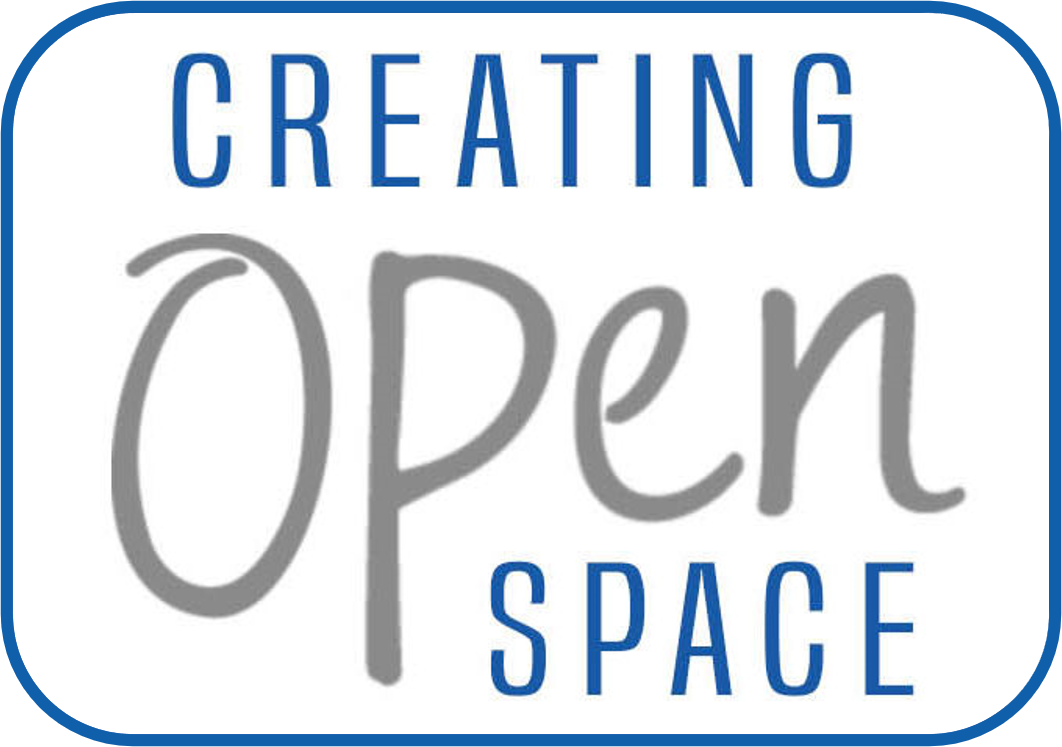Making Time
A client framed a problem beautifully. "Getting projects done well and on time is an overriding priority. However, there are many other requests for your time that are not directly project related. How do you make time for these other commitments?" My client went on to explain that he scheduled time to reflect on agenda items for our next coaching session, but when the time came his team was in the middle of a crisis and thus his time of reflection was hijacked. This experience is common, and is one of the most common barriers to professional growth and to personal well-being. So how do we "make time for these other commitments?" May I point out the obvious? The only way to "make time" is to invent a time machine (or the modern day Harry Potter equivalent). I say this only half tongue in cheek, as I too have illusions of power over universal truths. What also becomes obvious when we break from this thinking path is that there are a plethora of ways we can change our relationship with time. And here the journey begins. If you're among those who find one or more priorities (e.g., personal growth, recreation, relationships) falling unacceptably behind other demands, then I invite you to dedicate your next "life delay" (e.g., long line at the grocery, commute to work, flight layover) to asking yourself:
In general, what is my relationship with time? What does my relationship with time look like at its best? Worst?
What would an ideal relationship with time look like? What thoughts drive my current relationship with time? What feelings do I have toward time?
As you reflect on your responses to these questions, you may find evidence of thinking traps (e.g., all or nothing, over-generalizing, magnification, minimization). Continue by asking yourself,
What thoughts and feelings might better serve me in my quest to improve my relationship with time?
What single, simple action can I take to begin to honor these (more realistic) thoughts and feelings? What action is most realistic for me?
Ask someone to hold you accountable to the action you identified, and for the next couple of weeks, reflect on your experience in trying to make this change.
When was I successful? Unsuccessful?
When I found myself back in a thinking trap, what did I do to break from it?
What else can I try to move forward?
